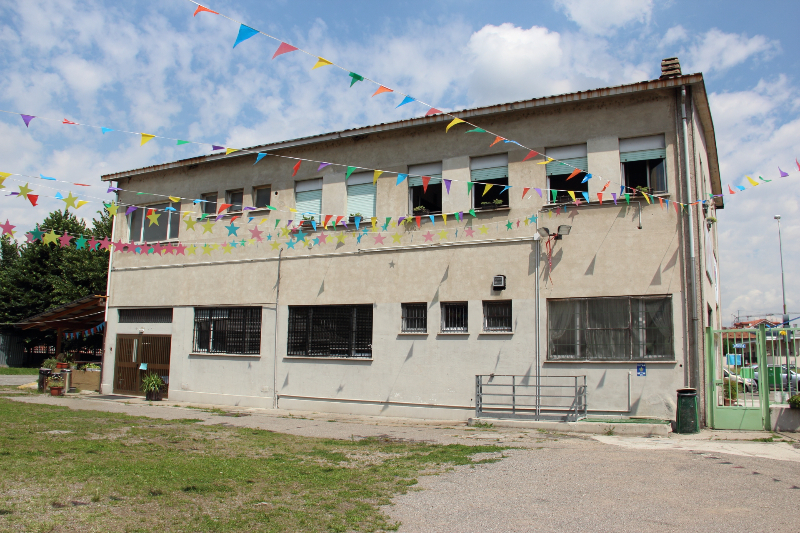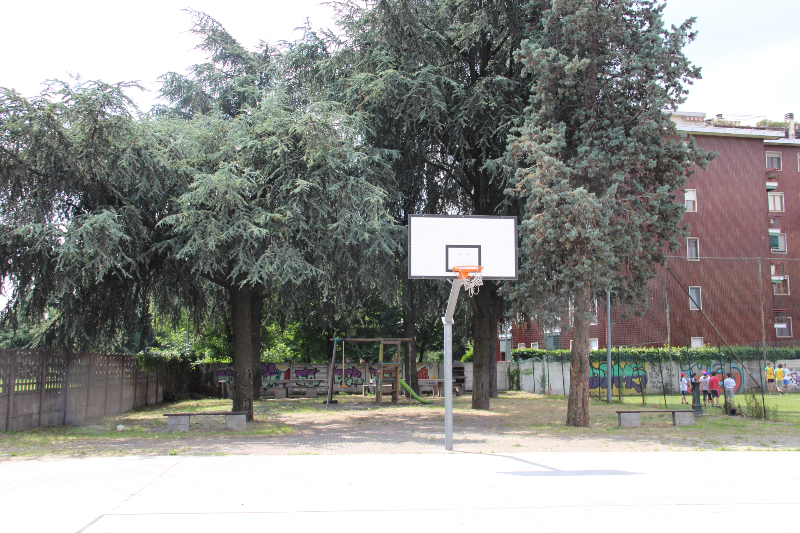Understanding Gambling Addiction and Its Effects in Bangladesh 7

Understanding Gambling Addiction and Its Effects in Bangladesh
Gambling addiction is an escalating issue worldwide, and Bangladesh is no exception. With the rise of digital gambling platforms, including Understanding Gambling Addiction and Its Effects in Bangladesh Satbet India, more individuals are becoming entangled in the perils of gambling addiction. This addiction not only affects the individual but also extends its reach to families, communities, and society at large. In this article, we will delve into the various facets of gambling addiction in Bangladesh, including its causes, effects, and potential solutions to mitigate its impact.
The Rise of Gambling in Bangladesh
Historically, gambling has existed in different forms across cultures, often associated with leisure and entertainment. In Bangladesh, traditional games such as Palki and Juta have been a part of the culture for centuries. However, the landscape has changed dramatically with the advent of technology. Online gambling has surged, facilitated by easy access to the internet and mobile devices. As a result, more individuals, including the youth, are engaging in gambling activities, leading to increased cases of gambling addiction.
Understanding Gambling Addiction
Gambling addiction, or compulsive gambling, is characterized by an uncontrollable urge to gamble despite the negative consequences. This addiction can lead to various psychological issues, such as anxiety, depression, and social isolation. It is crucial to understand that gambling addiction is not merely about losing money; it encompasses a broader spectrum of emotional and psychological turmoil.
Causes of Gambling Addiction
The causes of gambling addiction are multifaceted and can vary from person to person. Some of the common factors include:

- Psychological Factors: Individuals with mental health issues, such as anxiety or depression, may resort to gambling as a coping mechanism.
- Environmental Factors: Exposure to gambling activities at a young age, family history of gambling, or peer pressure can significantly influence an individual’s likelihood to develop an addiction.
- Economic Factors: The desire to escape financial woes or achieve instant wealth often drives individuals to gamble.
- Accessibility: The rise of online gambling platforms has made gambling more accessible, leading to an increase in participation across various demographics.
Effects of Gambling Addiction
The repercussions of gambling addiction extend beyond financial loss. Here are some of the significant effects:
- Financial Problems: Many individuals facing gambling addiction may face severe financial difficulties, leading to debt, bankruptcy, or even criminal activities to support their habit.
- Relationships: Gambling addiction often leads to strained relationships with family and friends. The secrecy, lies, and financial strain can cause rifts that may be irreparable.
- Mental Health Issues: The stress and anxiety caused by gambling can lead to severe mental health issues, including suicidal thoughts and behaviors.
- Social Isolation: Many individuals become socially withdrawn due to feelings of shame or guilt related to their gambling behavior, exacerbating their mental health struggles.
Seeking Help and Solutions
Tackling gambling addiction is a multifaceted approach that requires awareness, assistance, and community support. Here are some potential solutions:
- Awareness Campaigns: Increasing awareness about the risks and signs of gambling addiction can help individuals recognize problematic behaviors early on.
- Support Groups: Setting up support groups where individuals can share their experiences and advice can foster a sense of community and understanding.
- Professional Help: Engaging with mental health professionals who specialize in addiction can provide individuals with the necessary tools to manage their addiction.
- Policy Changes: The government can play a role in regulating gambling activities and ensuring that proper support systems are in place for those affected by addiction.
Conclusion
Gambling addiction is a serious issue that is gradually gaining recognition in Bangladesh. As the accessibility of gambling increases, it becomes all the more critical to understand its implications and address the emerging crisis. By fostering awareness, creating support networks, and seeking professional help, it is possible to mitigate the effects of gambling addiction and help those affected reclaim their lives. Through collective efforts from individuals, communities, and the government, a healthier approach to gambling can be developed, ensuring that it remains a source of entertainment rather than a pathway to addiction.

















